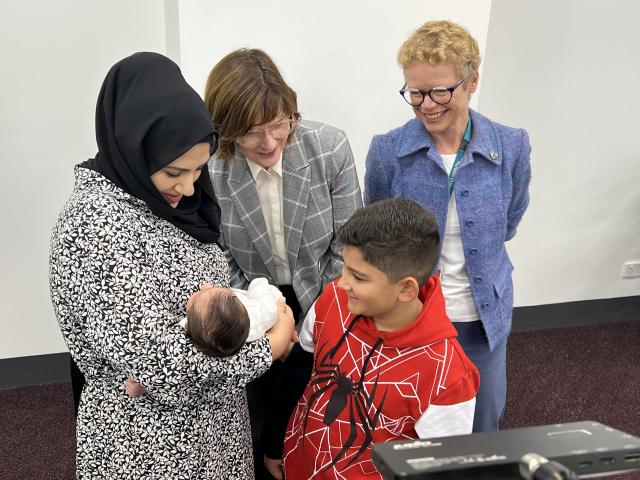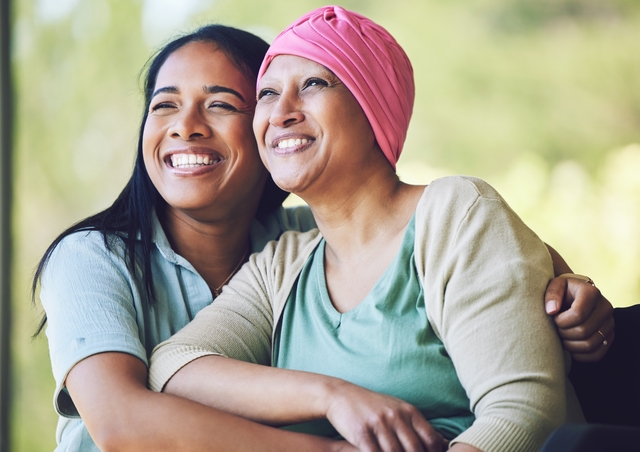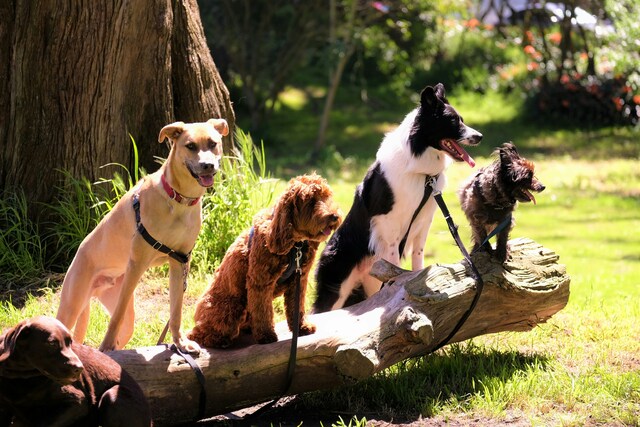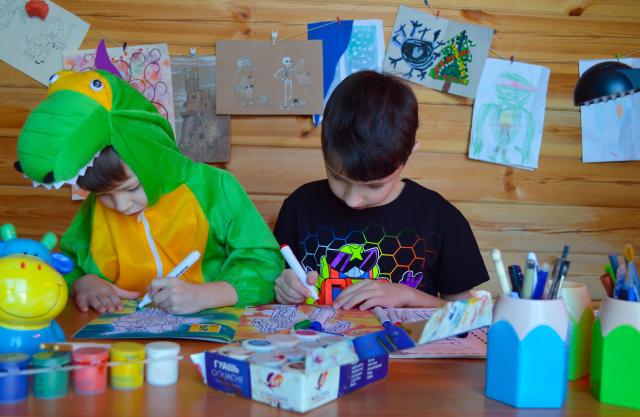One of the world’s most significant medical research initiatives is taking place in Victoria, and they are calling on participants from culturally and linguistically diverse (CALD) groups to get involved.
GenV is a research program open to all babies born in Victoria between October 2021 and October 2023, and asks the families involved to share information over a two-year period about themselves and the health and development of their newborn.
Professor Sharon Goldfeld, GenV Deputy Director for Equity said that CALD groups are often missing from population research, which means that they can also miss out on its benefits such as better disease prediction, prevention and care.
“The areas of Hume and Whittlesea are highly diverse with almost half of the population speaking over 140 languages other than English at home including Arabic, Assyrian, Turkish, Punjabi and Urdu,” Ms Goldfeld said.
“We want to ensure that communities have a voice in GenV.”
GenV is the largest and most up-to-date health picture ever mapped out in Australia, providing insights into how genetics, environment and other factors impact the health of young Victorians.
The study will help provide answers to complex health issues like asthma, allergies, obesity, and mental illness in children, and give into the health of young Victorians, with a number of studies already underway using data from GenV.
Medical Research Minister Mary-Anne Thomas visited the Royal Women’s Hospital on April 24 to announce more than 90,000 Victorians are already taking part in GenV, and called on more families to sign up to the landmark study.
“GenV will not only improve the health and wellbeing of this generation, it will support medical research that will deliver better health outcomes for the next,” Ms Thomas said.
Of the 90,000 participants, more than one in five are from regional Victoria and almost one in ten live in a home where a language other than English is spoken with more than 70 different languages represented across the study.
Headquartered at the Murdoch Children’s Research Institute within The Royal Children’s Hospital, it also includes a robotic biobank to store biological samples provided by participants, such as breast milk and saliva.
These samples will support research projects like the GenV Maternal Vaccine study, which will look at the impact of vaccines in pregnancy aiming to provide reassurance to women and better inform antenatal care providers.
Details: https://www.genv.org.au/







